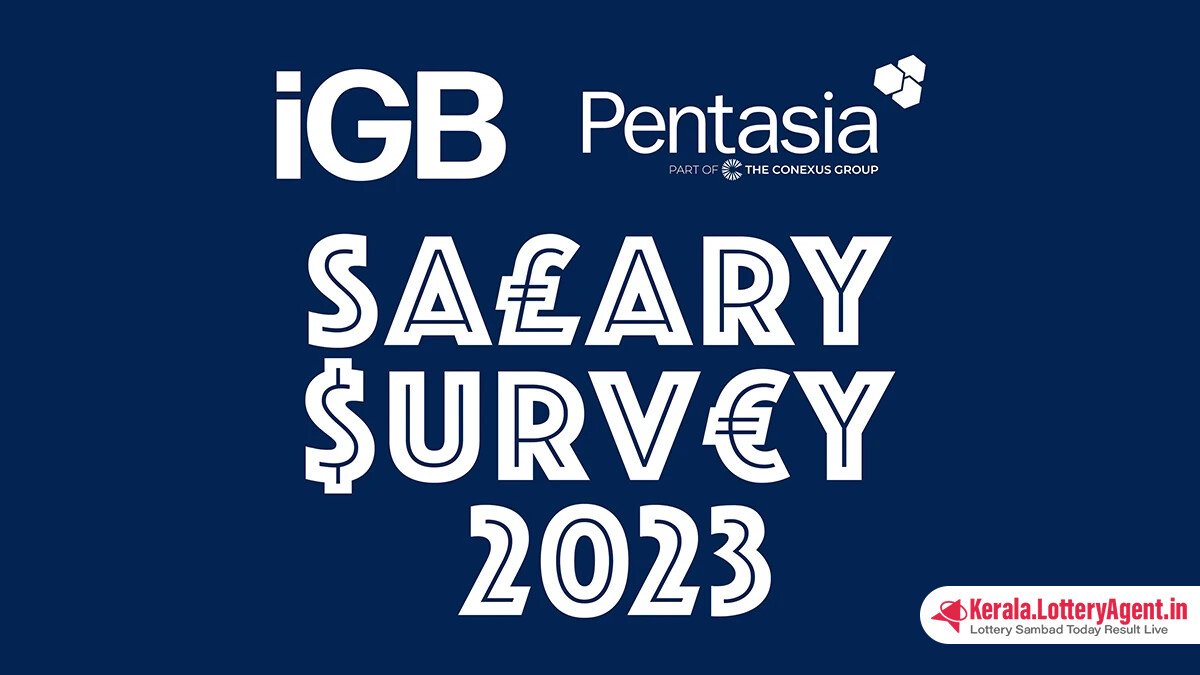
The iGaming industry witnessed record-breaking salary hikes, with some roles seeing increases as high as 30% in 2022, marking an unprecedented upward trend reflective of the sector’s explosive growth during the pandemic. As the dust settles, this year sees a return to more moderate, yet still notable, salary adjustments, despite some employers’ perception of candidate costs remaining on the higher side.
Amidst a more cautious hiring landscape, opportunities still abound for distinguished talent. Candidates who encounter offers below the average salary benchmark are in a strong position to hold off for more lucrative prospects. Understanding the dynamics that drive compensation is now crucial for both talent retention and aligning recruitment strategies with business goals. By offering competitive wages and nurturing talent, companies stand to see a significant return on investment.
The salary surge of the past years has ebbed to a ‘new normal,’ with 2021 and 2022’s remarkable 12.5% year-on-year growth being succeeded by a calmer wage growth trend, stabilizing at around 4%. This noticeable shift towards a wage trend recalibration is a testament to the industry’s dedication to retaining competitive remuneration while navigating the broader economic landscape.
Employers in the sector are increasingly accommodating flexible work environments, with more than half introducing these options, thereby recognizing that appealing to candidates extends beyond just financial rewards. This shift has partly stemmed from the pandemic, which undeniably propelled the iGaming sector’s growth by accelerating transitions to digital platforms and benefiting from increased online activity during lockdowns.
As the industry sets its sights on post-pandemic sustainability, the C-suite’s leadership becomes imperative to harmonize financial strategies with ambitious, long-term industry goals. The Conexus Group Skills & Employment Survey indicates a decline in mergers and acquisitions as a means of market expansion, with the industry instead turning its focus toward geographical growth, particularly in emerging markets like Latin America, where there lies untapped potential and increasing demand for localization and market-specific expertise.
A substantial 60% of survey respondents pinpoint IT development as the most in-demand skill set, confirming technology’s pivotal role in the sector’s ongoing evolution. Despite recent tech-related layoffs, the industry is still grappling with a skills shortage, highlighting the importance of innovative approaches to talent acquisition and retention, with strategies such as remote work offerings, competitive salary packages, and outsourcing solutions playing a significant role.
As the iGaming sector goes through a period of adjustment and transformation in response to fluctuating market conditions and evolving regulatory frameworks, embracing flexibility, innovation, and strategic talent management will be key to successful navigation.
The necessity for exceptional leadership continues to be paramount as the industry matures, with turbulent market forces and the financial repercussions of Covid-19 requiring adept guidance from the sector’s captains. Meanwhile, entering emerging markets like Latin America demands an in-depth understanding and familiarity to seize the opportunities they present effectively.
For specialized roles in igaming, experience commands a premium, and remuneration reflects the value seasoned professionals contribute. This is particularly evident in analytics and senior development positions where the demand for expertise has kept wage growth steady. Such highly sought-after professionals, often holding niche skills, are being swiftly recruited by employers willing to meet market rates with attractive compensation and flexible working conditions.
Although compliance and legal roles have seen only modest salary increments over the past year, largely due to a hiatus in hiring and regulatory delays, the need for specialized teams within compliance remains a topic of future speculation and potential for investment.
The market presents a relatively stable outlook for salaries, with AI beginning to assume certain roles, but the human touch, especially in language skills, remains valuable. With the booming Latin American igaming market, the demand for native speakers from this region has picked up.
Finance and operational roles exhibit mobility at the junior level, but senior positions remain stagnant, indicating a recalibration in spending. In contrast, specialized finance roles are gaining attention as companies recognize their strategic importance in risk assessment and growth impact.
Lastly, the marketing segment registers a muted demand, apart from niche roles such as affiliate managers. Junior-level salaries have remained stable due to an abundance of candidates, while attracting senior marketers necessitates higher pay. The onset of AI creates ambiguities yet spawns novel roles, further reshaping the marketing landscape in the iGaming industry.












